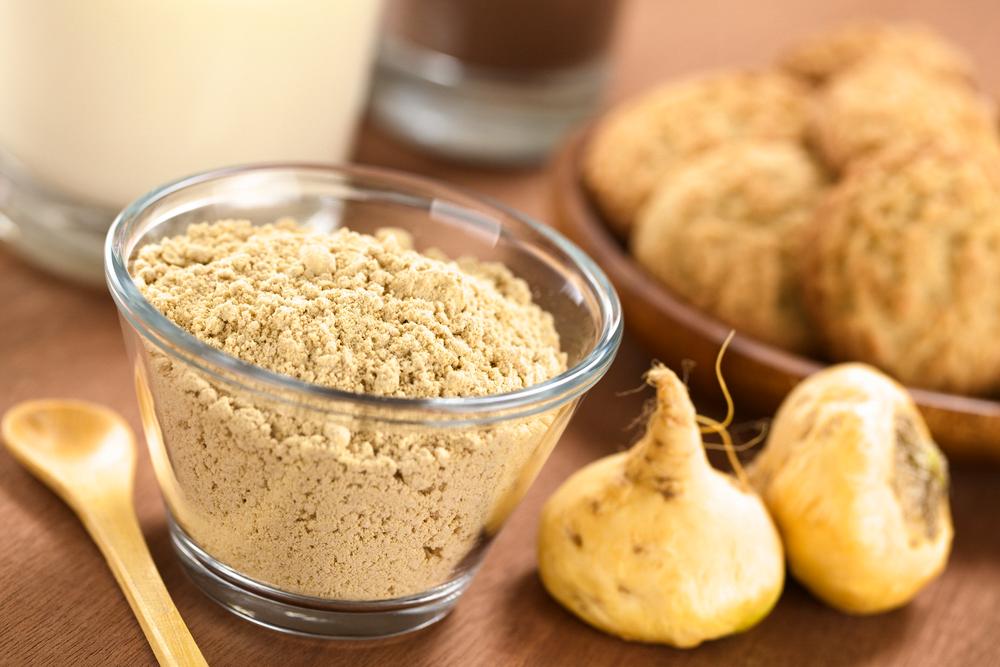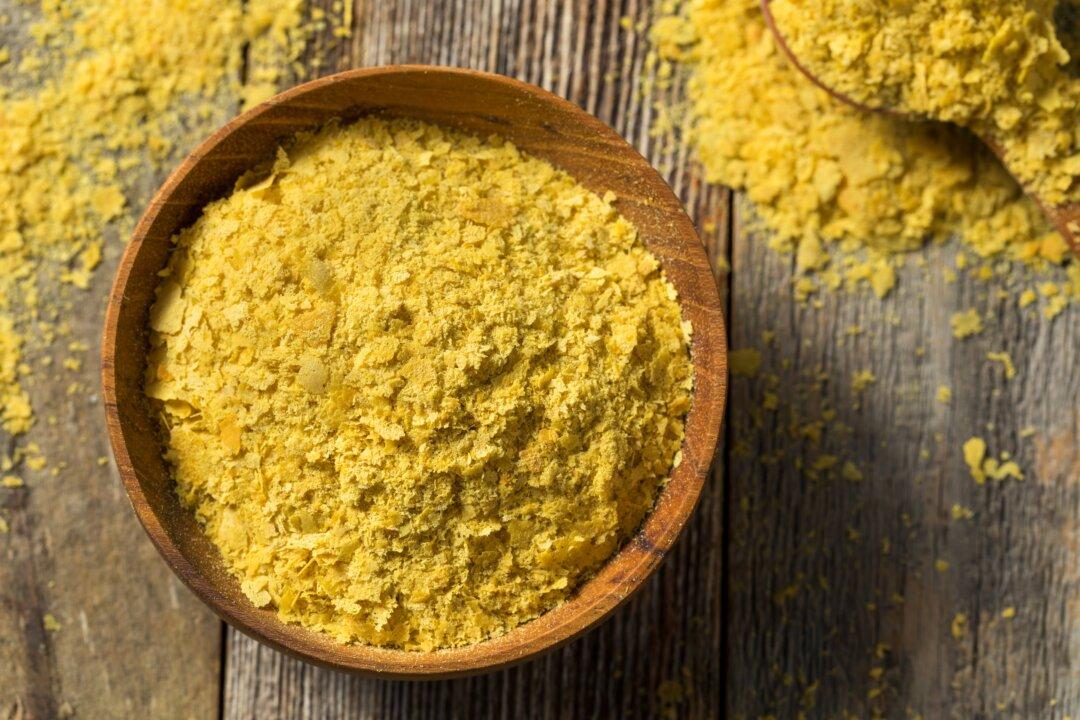Fulvic acid (and its related humic compound, humic acid) has been lifted out of obscurity in recent years, largely because of growing awareness among health-conscious consumers and free advertising provided by social media users touting its benefits.
Fulvic and humic acids both are commonly used in agriculture to support soil health, but fulvic acid in particular has seen therapeutic use in humans grow significantly in recent years.






